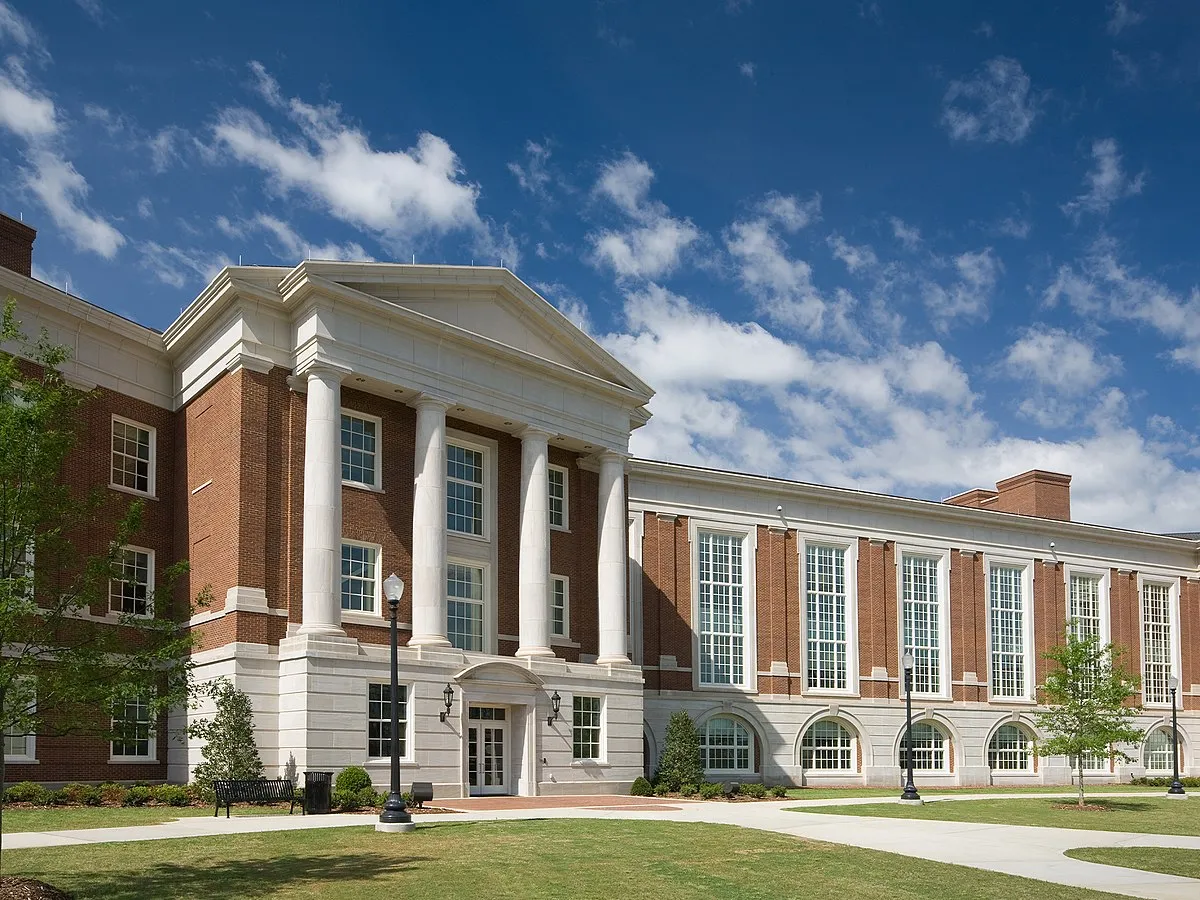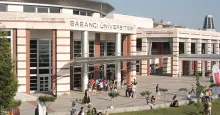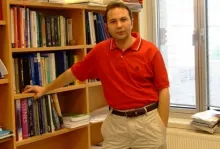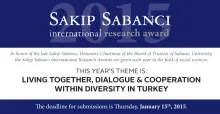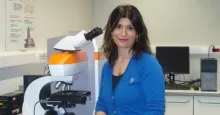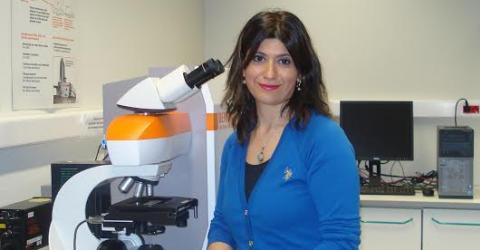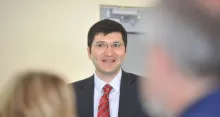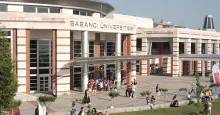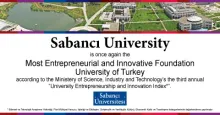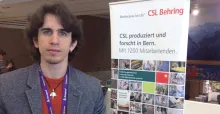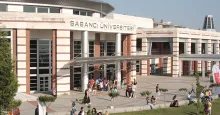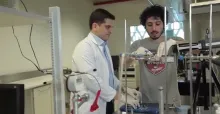Applications from universities other than Sabanci University (SU) and undergraduate programs within SU will be evaluated by the relevant Faculty Boards, in compliance with "Regulations on the Basis Concerning Horizontal Transfer among the Institutions of Higher Education at the Associate’s and Bachelor’s Degree Levels ," published by the Turkish Higher Education Board (YOK) and the rules adopted by Sabanci University. Applicants may be able to invited for the interviews,as required.
All application documents should be submitted to Sabanci University Student Resources Unit by July 25th, 2014. The related Faculty Administrative Committee evaluates transfer applications.
Evaluation results will be sent to the applicants in the written form. Delaysdue tothe post will not be accepted. An interview will be organized for the candidates who are satisfying the application requirements during August 6, 2014. Applicants to be accepted to the programs will be determined as the result of the examination of the application documents by the related Faculty Administrative Council.
PPLICATIONS FROM UNIVERSITIES OTHER THAN SABANCI UNIVERSITY
General Rules for the Application Requirements:
1. Equality : The equality of the institutions and programs which candidates are to leave must have been recognized by YOK for the overseas applications.
2. Equivalence : Institutions and programs which candidates are to leave should be the equivalent of the Undergraduate Programs of SU.
3. Term Completion : Students who had completed first two semester of the undergraduate diploma programs can apply. Last two semester of the diploma programs can not be applied.
4. Grade Point Average : Applicants must possess a minimum cumulative grade point average GPA of 60/100 (2.29/4.00) or cumulative grade point average in the grade conversion table on the transcript. Candidates, applying from the universities implementing the grading system other than equivalency table of 4.00 and 100, should submit an official document and/or conversion table for the grades.
5. To Be Registered : Applicants must be registered in the current higher education institution as a student.
6. English Proficiency : The students certifying that they have passed one of the national and/or international foreign language examinations at a level determined by the university and the ones who have graduated from a higher education where the medium of instruction is English are exempted from English Language exam. In all other applicants, the students are required to pass the English Language Assessment Exam (ELAE). Those candidates who fail to attend or get a satisfactory score in the exam are obliged to attend and successfully complete a full course of English Language Preparation in order to continue with undergraduate courses. Failure to complete this course successfully will result in termination of enrollment at Sabancı University.
7. Education Period : The total periods required to complete the program and those formerly passed must not exceed the maximum education period of 14 terms.
Application Documents:
All documents must have been ofically prepared in english or turkish languages. It is necessary to attach the Turkish or English notarized translations besides the original documents prepared in other languages.
1. Application Form and Application Fee : Applicants who apply for more than one program must fill just one Application Form. The form must have been fotocopied as many as the number of programs applied for and the bank receipt for the payment of the non-refundable fee of 275 TL to the SABANCI University account numbered 30727 (IBAN NO: TR87 0004 6007 1388 8000 0307 27) with Akbank SABANCI University Branch must be attached to each form. Applicants for sophomore year should indicate the program set related to the graduation program they wished to study on their application form. The departments of these applicants will be determined at the end of the second years of their education.
2. The Certificates of Examination Results : There must be a copy of OSYS certificate used for the admittance to the institutions the applicants are to leave for the applicants from domestic universities,including higher education associations in KKTC and those mentioned in the OSYM guide.
For applicants from overseas universities,either of
- In case of applications submitted from abroad, prospective students that are Turkish nationals must prove that they obtained the minimum score required to be placed in the relevant undergraduate program (185 points) in the OSYS exams administered in the year they are admitted to the university abroad or satisfied the requirements regarding any of the following examinations and minimum results.
- SAT 1 (min 1500/2400 score totally for Faculty of Engineering and Natural Science, min 1600/2400 score totally for Faculty of Arts and Social Sciences and School of Management),
- ACT, Math, Science reasoning and total 21/36,
- GCE A Level Certificate (min. 2 courses),
- ABITUR (1-4 diploma score),
- International Baccalaureate (IB min 24/45 diploma score),
- Matura (2/1 diploma score),
- French Bakalorya (min 10/20 diploma score).
- Maturita (min 70/100 diploma score)
3. Transcript : An official document demonstrating all GPA's, grades, and all accepted courses from Student Affairs Office of the higher education institution the applicant is enrolled in.
4. Detailed Description and Contents of The Courses : There must be documents with the contents and detailed descriptions of the courses indicated on the candidate's transcript. It will be useful for the overseas applicants to attach catalogs giving information about the foreign institutions or documents like these.
5. English Proficiency Exam Result: The document certifying that the student has passed one of the national and/or international foreign language examinations at a level determined by the university (accepted by the University) or an official document indicating the program's education language prepared by the Student Affairs Office of the university the applicant is enrolled in(preferably enclosed) (for the fully English teaching institution) If the information is also indicated on the transcript, no more document is required.
6. Student Certificate :The document demonstrating that the applicant is a student of the institution prepared by the Student Affairs Office of the university the applicant is registered in.
7. Certificate of Disciplinary Standing: The document indicating the disciplinary standing for the domestic applicants (preferably enclosed prepared by the Student Affairs Office at the university applicant is enrolled in)
8. Letter of Recommendation : Min 2, preferably 3 letters of recommendation (enclosed). Sample letter is attached to the Application Form.
9. High School Diploma : It is useful for the applicants graduated from domestic high schools to attach approved copy of their high school diploma and for the applicants graduated from overseas high schools to attach notarized turkish translations of their high school diploma and certificate of diploma equivalence from Turkish Ministry of Education - Teaching and Training Board. This certificate will be required later if the applicant is accepted.
10. Certificate of Equivalence of YOK : A document issued by YÖK's Equivalency Unit - Recognition Office, certifying that the student’s higher education institution is recognized by YÖK (the Higher Education Council of Turkey)
11. The Passport Pages: Those pages with photo and identification information and approved photocopies of the pages relating to the years of education in the foreign higher education institutions for the overseas applicants.
12. The Document of Return from Abroad : The official writing indicating the state of the applicants whose parents have returned to Turkey upon completion of their offical duty or their working lives abroad.
13. Financial assurance to have education in Sabancı University (required for foreign students admitted.)
14. Copies of certificates, courses, internships, sports competitions with rewards taken before.
Quotas:


